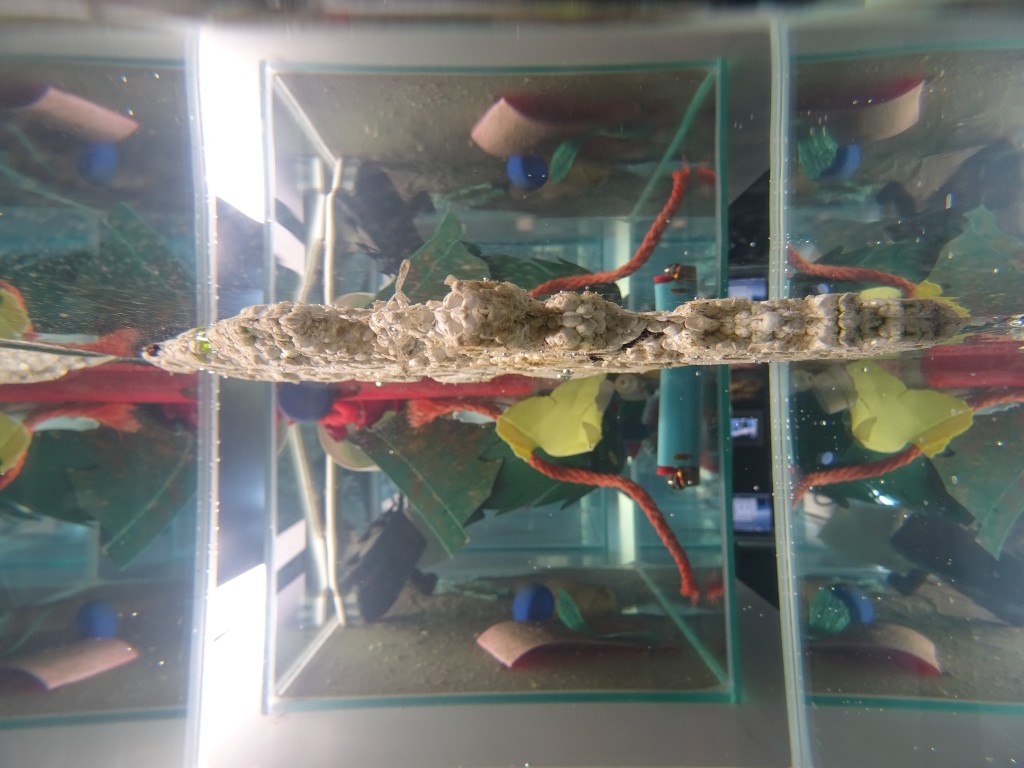The north east has the potential to lead the world in a new industry of natural computing that could spearhead an emerging ecological revolution, says Rachel Armstrong.
The north east has a rich cultural and social history of deep cultural engagement with technology. As a pioneer of the industrial era, it led the world in the production of iron, steel, coal mining and shipbuilding. Technology is written into its genes. But over the course of the 20th century, that technological leadership was abdicated and outsourced to the rest of the world with damaging consequences to north east employment, prosperity and culture.
Tomorrow, a collection of eminent scientists, designers and civic leaders will come to the north east to discuss the kinds of new technical systems that could shape the next technological era – a more ecological revolution that might shape local and global culture during the 21st century. They’ll be asking, how can we work with natural platforms to harness the potential of the living world to address global challenges differently? What are the kinds of employment opportunities and cultures that could reinvigorate our social and economic fabric, as well as ensuring a healthier relationship with the environment?
Advances in biotechnology and the molecular understanding of the biological realm offer us new opportunities for working with the technical capabilities of natural systems. Yes, we’ve always used organisms to perform useful work – think horses for transport, or soils for agricultural practices. But now we have the power to operate at huge scale and with degrees of precision previously unimaginable.
In recent years, researchers have been able to produce a whole new range of materials, growing building blocks made of fungus, or developing ideas alternative utility systems, like streets lit by glow-in-the-dark trees.
By considering the fundamental building blocks of life – molecules, cells and metabolisms – as an alternative technical platform, we are beginning to discover exciting ways of developing new kinds of industry for our region. For example, the Experimental Architecture practice at Newcastle University is working with microbrewery Northern Alchemy to consider yeast – a traditional, biological workhorse of the northeast – as a form of data, with different recipes reflecting important events in the life of the city.
On a larger scale, biofilms are being developed as fabrics that could help us mop up environmental pollution. For example, it may be possible to remove micro-plastics from our waterways and sink these troublesome particles back into the soil – an idea that could be implementable in coastal communities such as Tynemouth. Imagine being able to grow our own energy sources using microalgae – like little green cows that munch on carbon dioxide and sunlight to produce biomass that could be used to make cloth, paper and even alcohol. Or, producing pressure-sensing concrete that responds organically to the shifting stresses and strains on buildings in our north east towns and cities.
With the region’s pioneering academic research teams and extraordinary entrepreneurs, the north east has a real opportunity to pioneer these new ways of working with nature.
Rachel Armstrong to Professor of Experimental Architecture at Newcastle University. You can follow her on Twitter.
The university’s Computing with Nature event is open to the public and takes place at the Great North Museum on Thursday 14th May from 9am to 5.30pm.
Tell us your views in the comments section below – by clicking on the little speech bubble.
(Views expressed on our website and in our magazines and emails are not necessarily endorsed by Northern Correspondent.)

